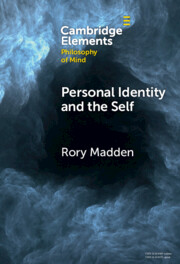Animalism, according to its strongest proponents, is the view that human beings are ‘essentially or most fundamentally animals’. Specifically, ‘we are essentially animals if we couldn't possibly exist without being animals’ (Olson 2008). Although contemporary animalism offers an account superior to its Lockean competitors, Olson's ‘biological approach’ has certain limitations, particularly in its denial of any psychological continuity whatsoever as either necessary or sufficient for individual persistence through time. I propose a number of amendments towards a Thomistic variety of animalism that avoids these difficulties. Although prone to misinterpretation, animalism understood properly is compatible with Aquinas's theory of subsistent intellect. Against recent challenges, I defend the view that Thomistic animalism not only is intelligible, but is indeed crucial for understanding Aquinas's view of human nature and rationality.

